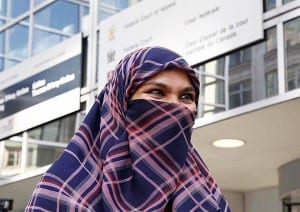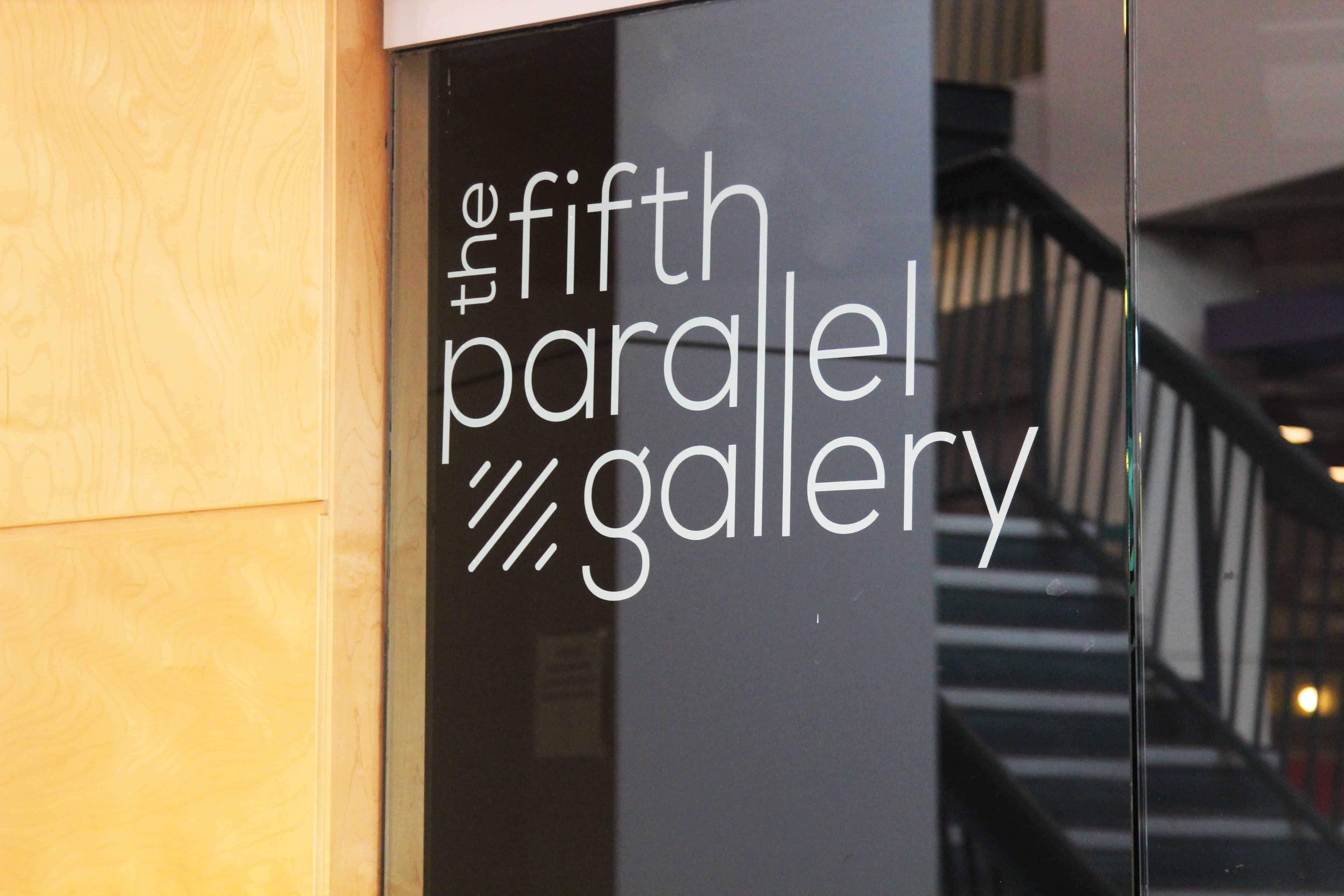Niqab: the unnecessary wedge issue


Zunera Ishaq talks to reporters outside the Federal Court of Appeal after her case was heard on whether she can wear a niqab while taking her citizenship oath, in Ottawa on Tuesday, September 15, 2015. THE CANADIAN PRESS/ Patrick Doyle
The niqab shouldn’t have been a political issue
By the time this story is in your hands, or by the time you’re reading this online, the federal elections will have concluded. Polls will have closed, the ballots counted and we will know which party will be in power at Parliament Hill under leadership of a new, or perhaps the same prime minister.
Several dynamics have surrounded this election, starting with the rise of the NDP, the rhetoric of “Justin’s not ready” to the eventual filling of the left wing vacuum by the Liberals. However, one feature of this election was especially striking to me, that being the rise of the niqab as an influential issue.
The niqab wasn’t going to be a political issue, and frankly, it shouldn’t have been. This election was to be centered on crucial topics such as the economic direction of the country, national security, missing or murdered Aboriginal women and the environment. However, the niqab discussion became a polarizing, frustrating and influential wedge issue.
The niqab issue has held seismic influence within the political sphere. On Sept 16, Chris Alexander, the Immigration Minister, announced that the federal government will bring the court ruling regarding the wearing of niqabs at citizenship ceremonies to the Supreme Court. At that point, several things were unfolding within the political sphere. The weekly polls on the Sept. 11 showed that the NDP had a lead on the Conservatives, and even the Liberals had surpassed Conservatives, putting the Tories in third. In accordance, on Sept. 16, 45 out of 78 seats in Quebec, Mulcair’s home province, was projected to go to the NDP. The Conservatives recognized the caveat they faced – that being dominated by the NDP in the polls, specifically in Quebec. Therefore, they began to utilize the niqab as a political ploy to gain momentum within the country, specifically Quebec, where nationalistic and traditional values on religion are prevalent. This notion is illustrated by the 93 per cent support on the ban of the niqab during citizenship ceremonies within Quebec and the attempt to eliminate some religious symbols for public workers in 2013.
The political outcome of the Conservative strategy has been profound. Polls showed that Quebec support for the NDP decreased from 42.7 per cent on Sept. 15 to 28 per cent on October 17th. During the same period, Quebec Conservative support rose 5 per cent. On the national scale, the NDP’s lead on the Conservatives and the Liberals evaporated, to the extent that the NDP was behind by 9 and 14 per cent, respectively, to the Conservatives and the Liberals on Oct. 16. It would be absurdly foolish to wholly attribute the NDP’s demise to the niqab issue, but it would be just as foolish to think that it had nothing to do with it.
At the end of the day, I am saddened by the fact that the niqab came to the forefront of discussion within this election for several reasons. For one, we have achieved to further marginalize and divide Canadians, specifically Canadian Muslims. The last thing Canadian Muslims wanted was to be burdened with more stigmatization amidst their religion falsely becoming paralleled to issues of foreign policy and domestic security. Secondly, the niqab discussion detracted from the important issues that this debate needed to fixate upon, such as the economy, environment, first nations issues and security. Lastly, on extreme cases, it was embarrassing to see some Canadians use this discussion as a platform for their xenophobic and racist sentiments.
By the time this story is published, the elections will have concluded. I hope that whatever party takes power, shifts from discussions of division and polarization, but rather, issues in accordance to true Canadian values of acceptance.









